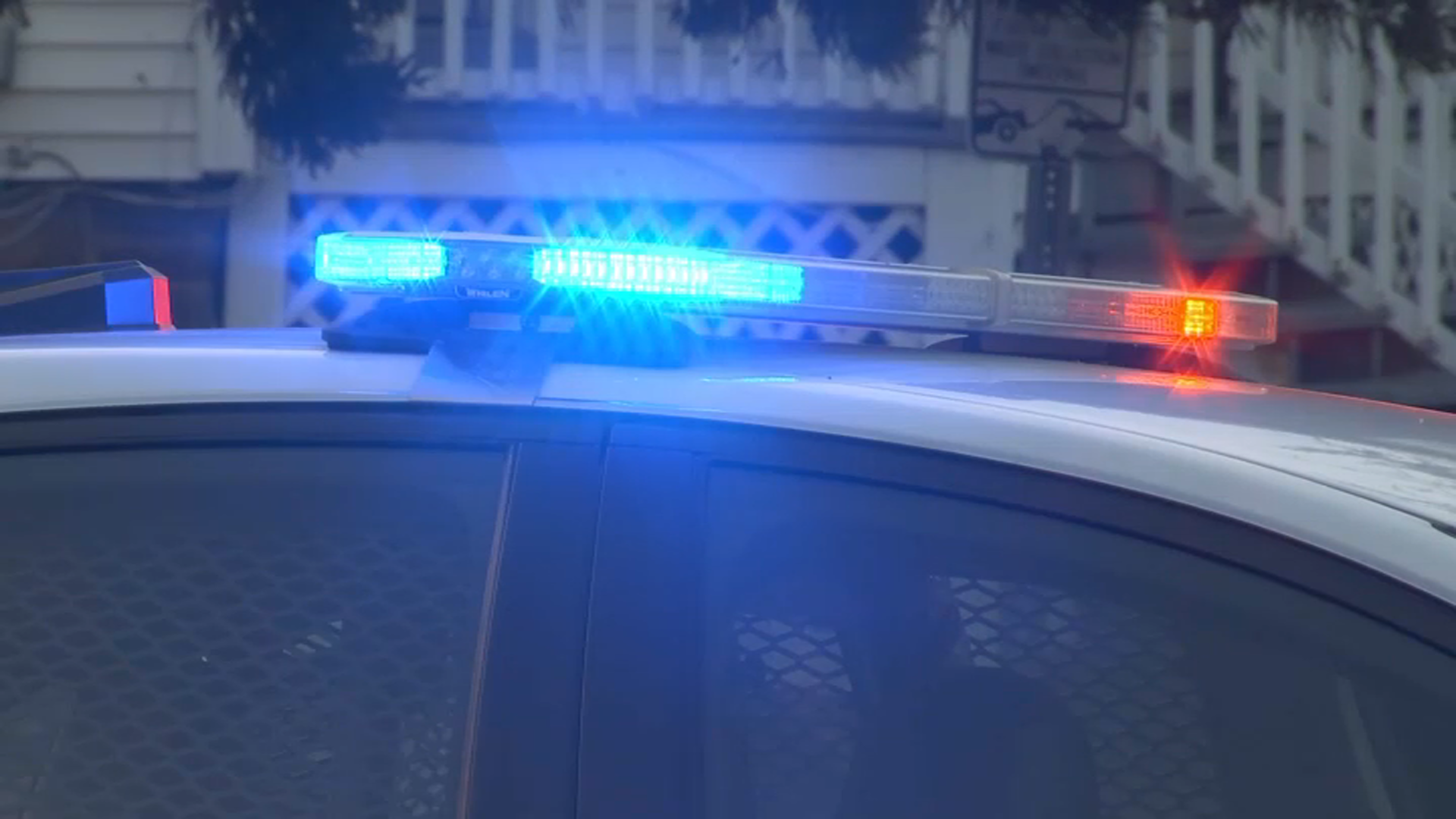State leaders are taking a stand after the federal government threatened to revoke international student visas for online classes.
State officials, including the governor and attorney general, will be speaking out about new guidelines from the Trump administration that prohibit international students from remaining in the United States if they can take classes online.
Attorney General William Tong has joined 18 attorneys general in filing a lawsuit to stop the new federal rule.
Tong said Connecticut and 17 other states filed the lawsuit this morning in Massachusetts.
"This is an extraordinarily important case," Tong said, adding that affects thousands of students who are getting ready for school, including 13 percent of students at the University of Connecticut or more.
Colleges and universities closed campuses and moved classes online earlier this year due to the COVID-19 pandemic and have been releasing their plans for education in the fall.
Tong called the policy a midnight attack on Connecticut colleges and universities.
Local
The agency said affected students "must depart the country or take other measures, such as transferring to a school with in-person instruction to remain in lawful status," NBC News reports.
NBC Connecticut reached out to ICE on Monday and the agency said it is unable to comment due to pending litigation.
Members of Connecticut's Congressional Delegation, including Senators Richard Blumenthal and Chris Murphy and U.S. Representatives John Larson, Joe Courtney, Rosa DeLauro, Jim Himes and Jahana Hayes are urging the president to reconsider his plan.
“The ability of international students to enter and remain in the United States should not be hindered by an academic institution’s shift to online only-curriculum in response to the ongoing pandemic and to ensure the continued safety of students,” the Connecticut delegation wrote in a letter to the president.
“Before any further restrictions are implemented, the Administration should roll back the decision to not issue visas to students at schools that go to online-only education this fall and should work with our academic institutions, states, and public health officials to determine urgent needs and consult on the best way forward as our schools prepare for the upcoming school year,” the letter goes on to say.
Lt. Governor Susan Bysiewicz said there are more than 10,000 international students on the state, making up 5 percent of all college and university students.
A statement from Tong's office said the rule threatens to bar hundreds of thousands of international students from studying in the United States.
“We are asking the court to block this cruel and unlawful rule from imperiling the education of thousands of international students in Connecticut who contribute greatly to the academic, cultural, and economic strength of their universities and the state of Connecticut. The Trump Administration abruptly reversed its previous guidance with zero explanation or rationale, with complete disregard for the dire public safety consequences in the midst of a raging pandemic. Universities must be free to make decisions about the health and safety of their students, faculty and staff without fear of arbitrary and punitive immigration consequences,” Tong said in a statement.
Gov. Ned Lamont called the president’s plan an “insane policy.”
He said many international students stayed in the state, living in their dorms, rather than going in home and taking a risk.
Tong and Lamont, along with leaders and students from Connecticut colleges and universities, gathered today in opposition to the Trump administration’s proposal to revoke student visas for international students should their universities choose to move classes online due to COVID-19.
Others participating in the 1:30 p.m. news conference include Connecticut State Colleges & University President Mark Ojakian; Yale College Dean Marvin Chun; Daniel Weiner, University of Connecticut Vice President for Global Affairs; UAW Region 9A Director Beverley Brakeman; Bryan Chong, a Wesleyan undergraduate and student visa holder from Hong Kong; and Justin Fang, a University of College graduate student.



